Selection
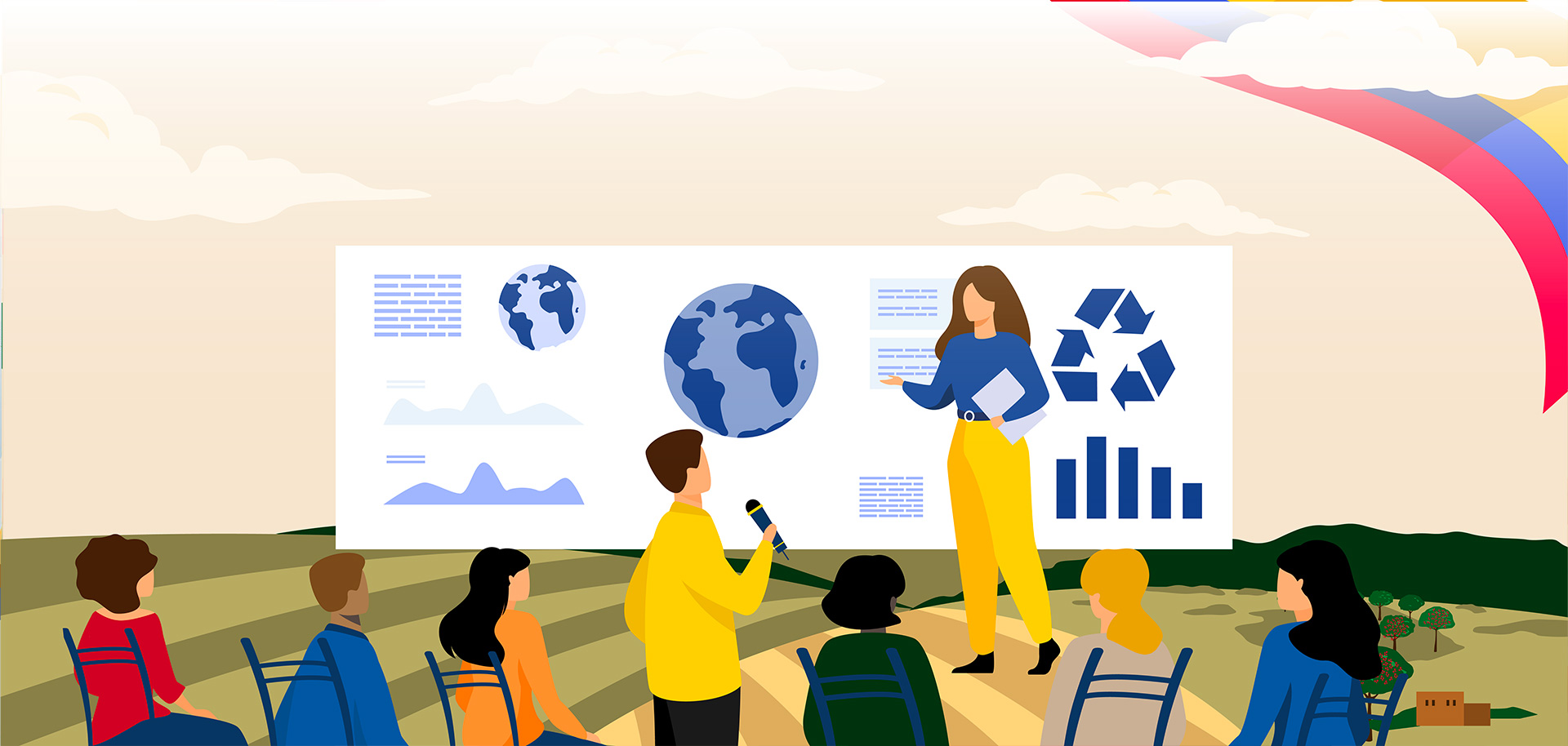
Meet the 21 innovation teams of the CircularEconomy4Colombia bootcamp
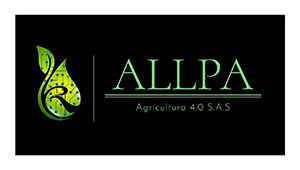
Allpa Agricultura 4.0
The Allpa project develops affordable, sustainable technologies for livestock farmers in Colombia. Since 2022, the team has been transforming organic waste from markets, restaurants, and local businesses into animal feed and sustainable energy. Partners such as Hotel V1501 and Más Fruta in Pasto supply husks and food scraps, which are processed and blended into organic concentrate pellets.
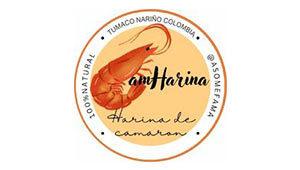
Asomefama
Asomefama is a women-led association which produces CAMHARINA, a natural flour made from shrimp heads and exoskeletons. This innovative product not only contributes to food sovereignty, providing an accessible and nutritious protein source, but also plays a key role in reducing environmental impact. By utilizing byproducts that are traditionally discarded, CAMHARINA promotes a circular economy model, minimizing waste and encouraging a more efficient use of marine resources.
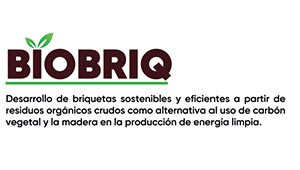
Biobriq briquetas
Biobriq is an innovative product in the organic charcoal market, since it is made with 100% ecological and renewable raw materials, such as fruit and vegetable peels resulting from the daily food process in the home kitchen.
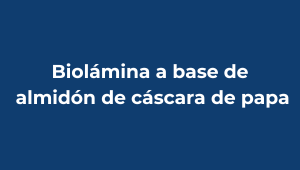
Biolámina a base de almidón de cáscara de papa
The organization recycles potato peels to produce starch-based biolaminate films, providing a biodegradable alternative for packaging. The process consists of collecting and cleaning the potato peel, then the starch is extracted, the material is transformed into nanoparticles using chemical hydrolysis and, finally, the biolayers are obtained, which are the basis for the packaging.
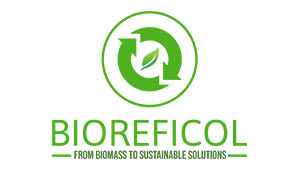
BIOREFICOL
Bioreficol converts residual biomass from the coffee industry and other agricultural sectors into high-value, eco-friendly raw materials for various industries. By partnering with coffee producers, the company promotes circular business models that reduce environmental impact. One key innovation includes transforming coffee mucilage into biodegradable, non-toxic clothing that can safely return to nature after use.
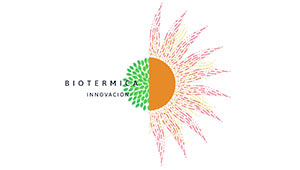
BIOTERMICA INNOVACION S.A.S.
Biotérmica Innovación develops mobile biorefineries that convert organic waste into biochar, syngas, and bio-oils through advanced pyrolysis.
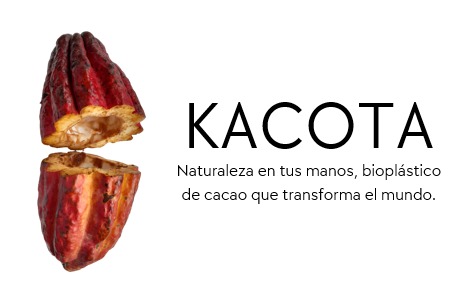
Kacota
KACOTA began in 2020 as an innovative PhD thesis project and evolved by 2024 into a company with a multidisciplinary team committed to sustainability. The company developed a biodegradable nursery bag made from cacao pod husks, a highly underutilized byproduct that accounts for 80% of the cacao sector’s waste. What was once discarded is now part of an eco-friendly, functional solution that reduces single-use plastic pollution in agriculture.
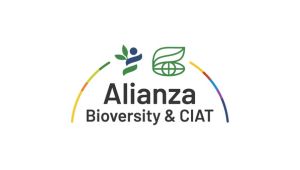
CircuLab
CircuLab implements AI-driven circular economy models and IoT solutions to transform organic waste management within Colombia’s agri-food sector. As pioneers in smart circular economy practices, CircuLab leverages process optimization, artificial intelligence (AI), and the Internet of Things (IoT) to maximize the value of organic waste
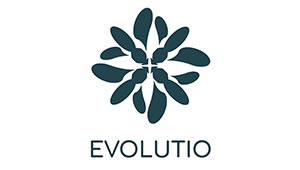
EVOLUTIO
EVOLUTIO is a biotechnology company that transforms organic waste from agri-food chains into high quality insect protein, using the bioconversion capacity of the Black Soldier Fly (Hermetia illucens). They specialize in the production of premium, nutritious and sustainable dog snacks, and plan to replace 25% to 50% of commercial fish, chicken and pig feeds with insect protein. As a by-product, they generate high quality organic fertilizer, ideal for organic agriculture due to its contribution of nutrients and chitin.
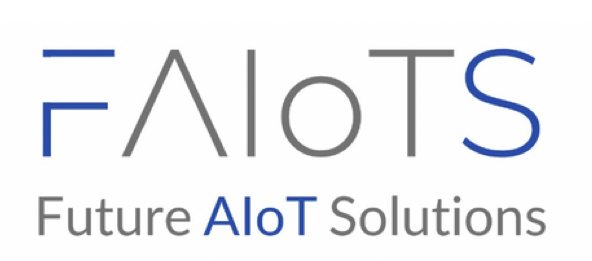
FAIoTS
FAIoTs is a technology-driven company that develops IoT applications in both hardware and software, focusing on enhancing energy efficiency, optimizing water consumption, and reducing greenhouse gas emissions. By integrating advanced sensors, data analytics, and automation, the company enables businesses and communities to monitor, manage, and optimize resource usage in real time. Their business model is subscription-based, with contracts with a minimum duration of one year, and a fixed monthly cost.
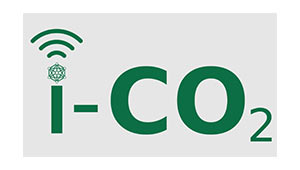
i-CO2
The i-CO2 platform is an advanced solution designed to optimize the management of agroforestry, forestry and environmental systems. This multi-platform employs digital twin technology and remote sensing, integrating data obtained from satellites, drones capturing multispectral images, LiDAR and IoT sensors.
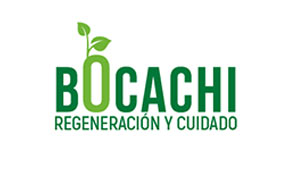
INSUMOS REGENERATIVOS BOCACHI
Bocachi creates bio-inputs from 100% organic and renewable sources, regenerating degraded soils. Bocachi is pioneering sustainable agriculture by developing bio-inputs from 100% organic and renewable sources, helping regenerate degraded soils. Their approach aligns with the growing demand for eco-friendly farming solutions.
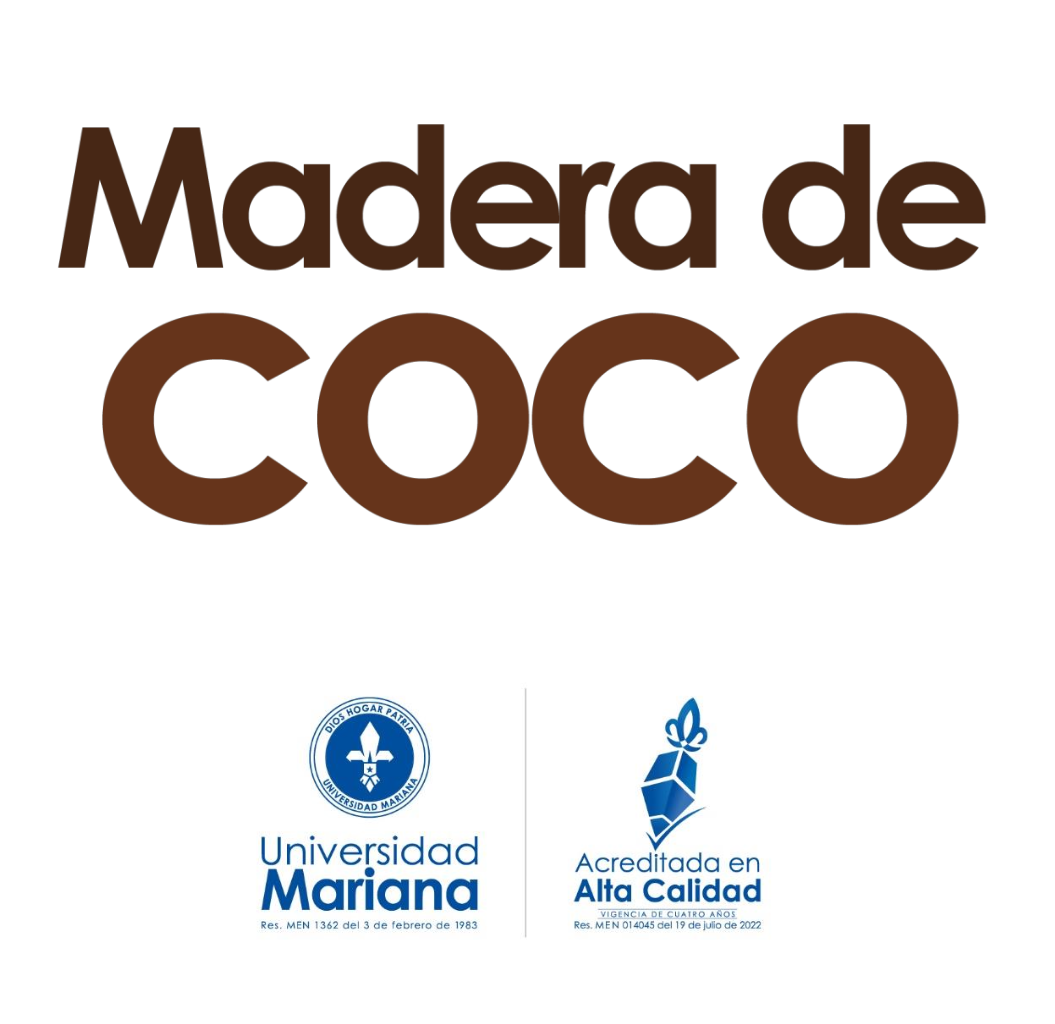
Madera de Coco
Madera de Coco is an innovative company that produces moisture-resistant particle boards made from coconut husks, offering a sustainable alternative to conventional wood-based particle boards. By repurposing agricultural waste, the company promotes a circular economy, reducing deforestation and minimizing environmental impact. These high-durability boards are ideal for construction, furniture, and interior design, providing a renewable and eco-friendly material that maintains strength and resilience even in humid conditions.
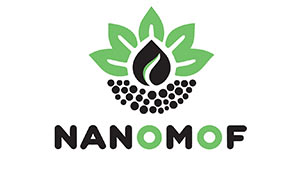
NanoMOF
NanoMOF transforms low-value agro-industrial byproducts, such as coffee and cocoa waste, into high-value resources, driving sustainable rural development. The company's innovative approach involves sourcing biomass waste from farms, converting it into biochar through pyrolysis, and returning a portion of the biochar to those farms for soil remediation and other benefits. This closed-loop model, coupled with future participation in the international carbon market, positions NanoMof as a leader in sustainable waste management and biochar production in Colombia.
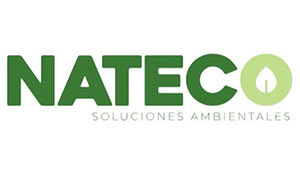
Nateco
Nateco transforms biomass waste from the agri-food industry and the hotel, restaurant and cafeteria sector into sustainable products. At this moment NATECO has two product lines, based on the use of fruit and vegetable waste and used cooking oil. The first production line has allowed them to develop a moldable paste with which they have been able to obtain biolayers, for the production of packaging and thermoformed products to create substitutes for single-use plastics of fossil origin. With used cooking oil, scented candles have been developed.
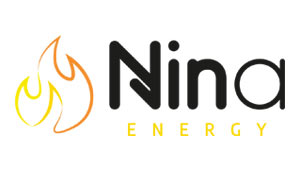
Nina Energy Limited
Nina Energy Limited is an innovative company specializing in the development and deployment of advanced pyrolysis technologies for the production of biochar and solid biofuels. Its unique approach combines the production of high quality biochar with carbon sequestration and renewable energy generation. With projects in Ecuador, Italy and Argentina, Nina Energy is positioned to make a significant contribution to mitigating climate change and improving soil health in Latin America and Europe.
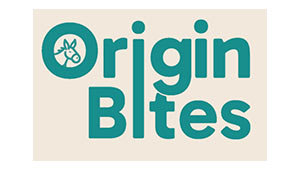
Origin Bites
Origin Bites is an innovative company that upcycles discarded coffee pulp into nutritious and sustainable snacks, turning agricultural waste into a valuable food resource. By leveraging this underutilized byproduct, the company not only contributes to waste reduction and a circular economy, but also enhances food security by introducing high-fiber, antioxidant-rich snacks to the market. This initiative creates new income opportunities for small coffee farmers, helping them diversify their revenue streams and improve economic resilience.
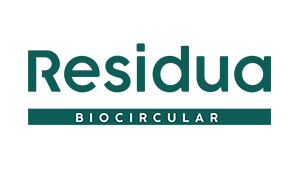
Residua Biocircular
Residua Biocircular transforms organic waste into innovative circular bioeconomy solutions, optimizing resources and reducing environmental impact from the black soldier fly. The company specialize in developing state-of-the-art processes to transform organic waste into valuable resources, such as biofuels, organic fertilizers, and bio-based chemicals. Their solutions contribute to reducing landfill waste and lowering greenhouse gas emissions.
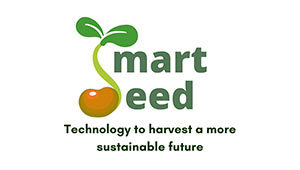
SmartSeed
SmartSeed is an AgTech platform that integrates artificial intelligence, sensors and drones to optimize agricultural production. It offers customized solutions such as early detection of pests and diseases, planting recommendations based on data analytics and real-time crop monitoring.

TerraBios
Terra Bios is an organic soil conditioner obtained by hydrothermal calcination transforming agricultural residues into useful products. The liquid presentation is highly soluble and rapidly absorbed, and the solid presentation improves soil structure.
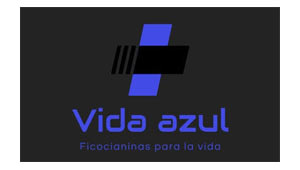
Vida Azul
Vida Azul is a pioneering company that produces natural and sustainable pigments and raw materials derived from cyanobacteria, offering an eco-friendly alternative to synthetic colorants. By harnessing the power of microalgae and biotechnology, the company develops high-quality, biodegradable pigments for applications in industries such as food, cosmetics, textiles, and
packaging.
Selection process

Call for applications
The call for applications of the CircularEconomy4Colombia Innovation Challenge opens on 1 July and closes on 19 August at 23:59 (GMT-7).

Selection of 20 shortlisted candidates
Twenty teams, including 5 CGIAR-led innovations, are shortlisted based on the applicability to their solution to the context of Colombia, scientific relevance, novelty and uniqueness, sustainability and scalability of the business model, and team. Shortlisted candidates will receive an email confirming their selection and participation in the CircularEconomy4Colombia bootcamp.

Bootcamp
The 20 selected teams are invited to travel to Colombia and undergo a 3-day immersive bootcamp offering, technical guidance, business mentorship, and pitch training to prepare for their pitch-day on the final day of the bootcamp.

Announcement of the 10 Finalists
The bootcamp is concluded with the selection and announcement of the top 10 innovations shortlisted by the CircularEconomy4Colombia Selection Committee, granting them admission to the acceleration program.

Acceleration program
The top 10 innovators participate in a fully sponsored acceleration program, combining business training, scientific technical assistance, and funding supporting them in testing, validating, and preparing to scale-up their innovations.

Demo day
The acceleration program is officially adjourned with the demo day where the 10 finalists are given the opportunity to pitch their solutions to investors, industry experts, agribusinesses, scientists, governmental institutions, and partners.
How we select innovations
Applications are assessed by the Selection Committee, which includes CGIAR and external experts from the public and private sectors, research institutions, circular economy, and investors. Evaluations are based on specific criteria, rated on a scale of 1 to 5 — 1 being poor and 5 being excellent. The selection criteria are as follows:
-
Applicability to the context of Colombia: Your team should possess a comprehensive understanding of Colombia's agriculture sector, its specific needs, and challenges, demonstrating that your solution is tailored to fit at least one of the priority areas.
-
Scientific relevance: Your solution and its applications should be clearly defined and scientifically validated with a clear connection to CGIAR's Impact Areas and ongoing research projects.
-
Novelty and uniqueness: Your solution should introduce new concepts, approaches, or technologies that diverge from existing ideas and practices.
-
Sustainability and Scalability: The solution’s business model should be robust and sustainable, addressing market needs effectively and distinguishing itself from competitors in Colombia. It should be supported by documented evidence of market size, scalability, replicability, and transferability, and the ability to prevent competitors from replicating or infringing the innovation.
-
Environmental and social impact: The solution should effectively address social and environmental challenges, with measurable and positive impacts in these areas.
-
Team: Your team should have a diverse and complementary skillset, and possess technical, scientific or industry specific knowledge. Your team demonstrates inclusivity, dedication, and commitment to the activities and deliverables of the innovation challenge.
